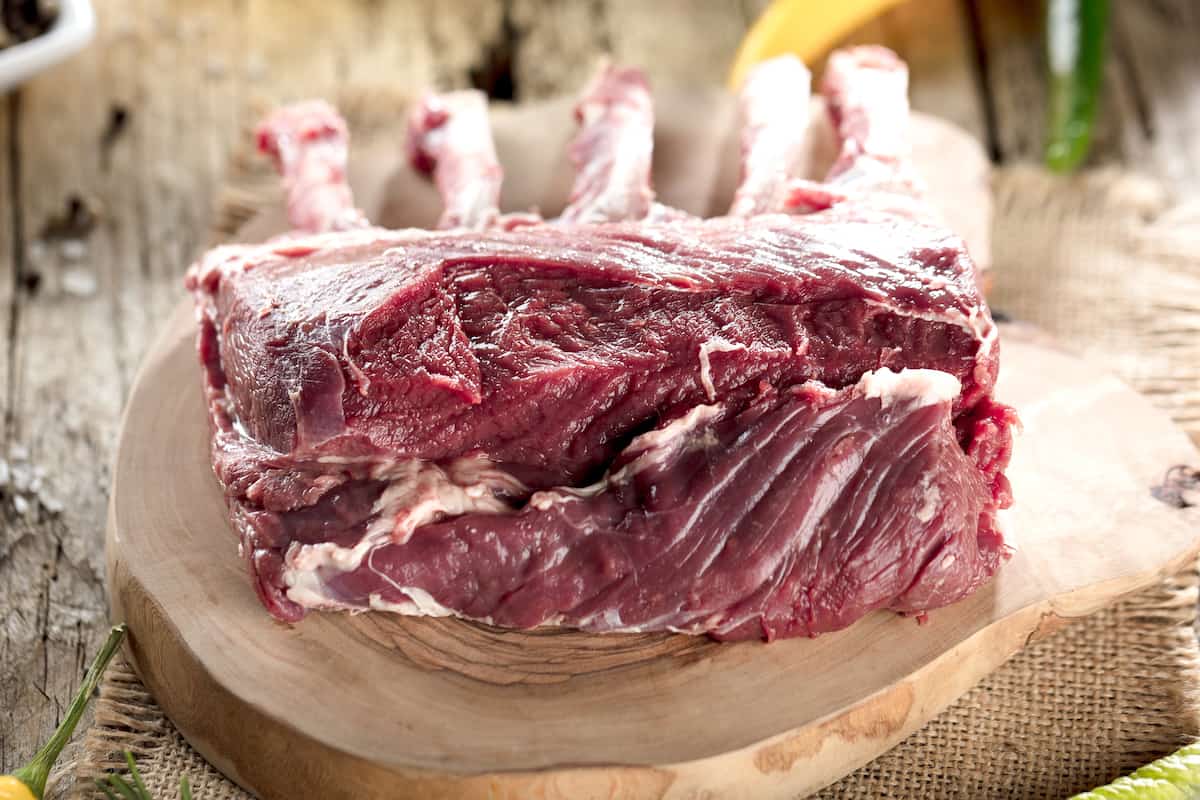Organic https://emilybrydon.com/gamey-taste/ has been known to have a lot of benefits to consumers. One of the most important aspects about it is that it ensures that it provides nutritional advantages as well as reduces chances of meat-related disease infections. The most appropriate way for someone in Australia to obtain organic produce is to verify the certification of the meat. Certification has to consider all the factors that lead to the meat being branded organic to ensure that there is no misleading of the general public. The certification process is one of the stringent and most adhered to in any industry in the country. Regulations that govern the labeling of organic meat have to be fully complied with in order to assure the safety and health and wellbeing of the cattle or paultry.
The regulations start right from the raising of the animals to ensure that procedures comply with the set regulations. For meat in Australia to be branded organic, livestock have to comply with the Australian Quarantine Inspections (AQIS) organic meat certifying agency. The certification programs and protocols are prepared, analyzed, accredited and audited each year to ensure that meat continuously complies with all set regulations. This is a requirement set by the national standard on organic meat production to ensure that standards aren’t compromised with the changing structure and policies of meat production.
In the production of this meat, compliance of even the soil as well as water management has to be in line with the National Standard for Organic:
- Livestock must be left freely on the pasture
- There has to be no intake of growth enhancers by the animals
- Animal feeds must be fully free from synthetic pesticides.
- The livestock inputs are not to be genetically modified to favor growth or high yield production.
All these are attributed to the fact that organic meat can only be produced if the process, right from the start incorporated only organic farming and environment friendly practices.
Since there is need to differentiate organic from conventional meat, the AQIS attributes the certification of organic meat to various different bodies within the country. These bodies provide certification in accordance to the set National Center for Organic and Bio-Dynamic Produce standards. The certification means that Australians can fearlessly buy guaranteed organic meat from the market. The standards also help certain bodies such as the Australian Competition and Consumer Commission (ACCC) to track and punish fake meat organic claims by some sections of the meat production lines.
In the event that organic meat is really cheap, then as a consumer, there is a need to check out how genuine it is. The production process is labor intensive and the certification process is strict, so as a customer, you would expect to pay more. The absence of a label that proves its authenticity should also be noted. All labels contain logos of the relevant certification bodies which prove the authenticity of the meat. If the retailer can’t tell you who certifies the meat or where it’s from, then this is a red flag and, as an organic meat consumer, you need to shun the place and inform relevant authorities where applicable.


